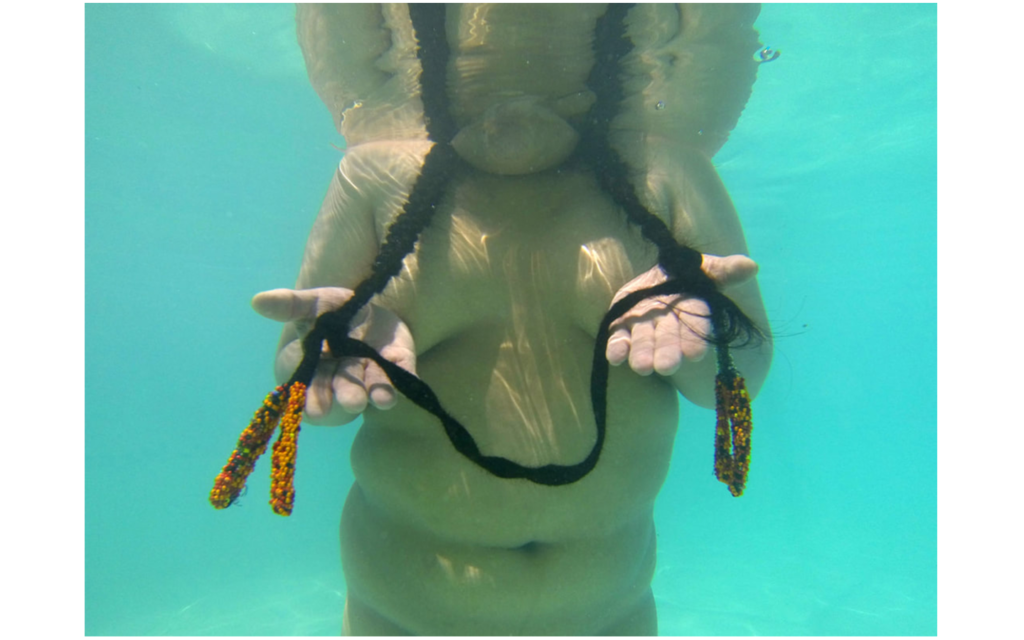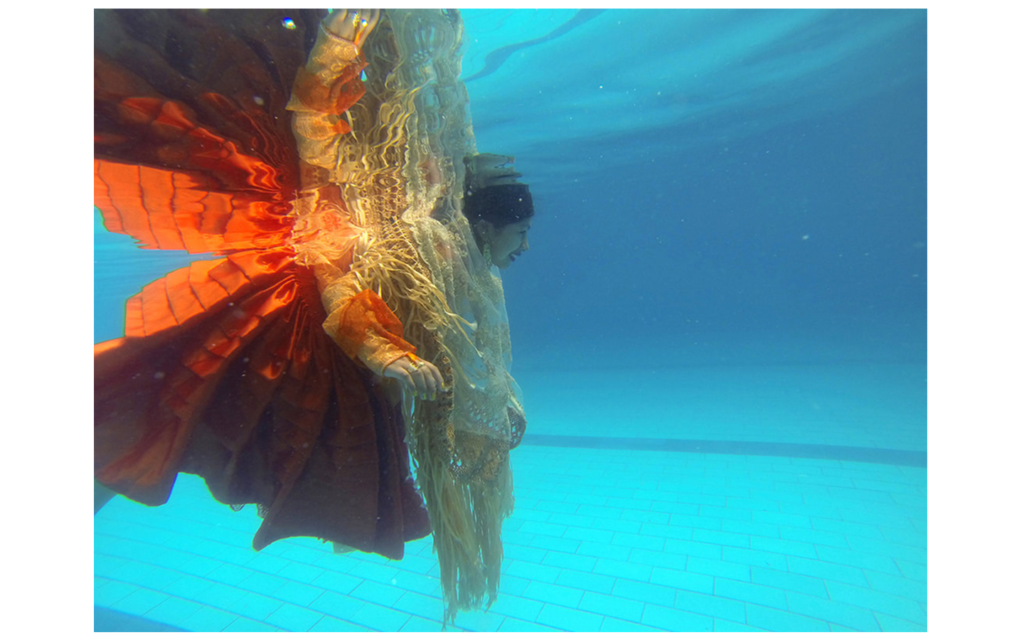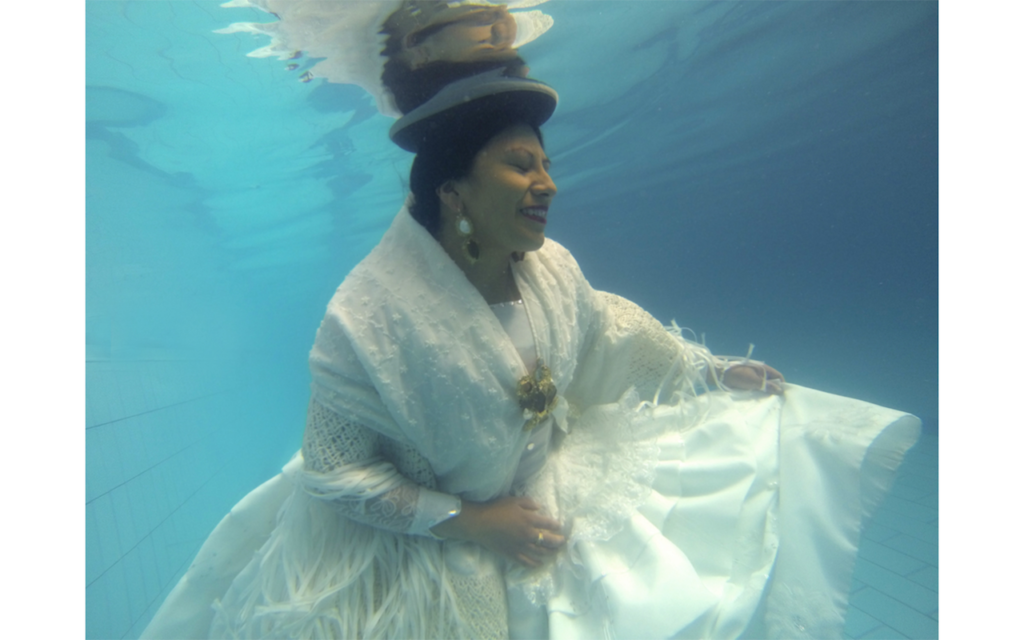






I grew up accompanied by photography, thanks to my parents, both plastic artists. My father taught me the art of stopping time. And since I can remember, I tried to immortalize my whole world. My love for photography, followed me unconditionally during these years and brought me closer to photojournalism. I worked in various medias in my country, Bolivia.
Telling stories is what always motivated me, and thanks to the people who let me tell their story, I achieved several national and international recognitions and was able to exhibit in several countries such as: Germany, United States, Colombia, Brazil, Uruguay, Mexico, Italy and Spain. My photos speak, of the women and the history of my country. I like very much the mysticism of the Bolivian rituals and the new imaginaries that build the new identities.
Currently, thanks to the National Geographic grant, I am documenting the work of traditional midwives in Bolivia.
Sueña (DREAM)
In the history of Latin American art, women were used as muses by artists who generally sought out white women with Western parameters of beauty. In art, through its different expressions, few if any indigenous muses were ever shown. The indigenous woman was delegated to the figure of the servitude, mainly. The woman of pollera in Bolivia, also called “chola”, was discriminated during many centuries by the same society that preferred the white muses, as a reference of beauty. This series of photographs wants to claim and give the place to these women of pollera, muses that inspire to break pre-established schemes. They are strong women who fight to have their rights respected day by day and in the different areas of Bolivian society.
“I, woman of the lake, take off my skirt and decide to undress my body. I am losing my fears and I am learning to enjoy, to smile and to be happy ” Rosita.
“From a very young age I have dressed as a Chola, my grandmothers and my mother are women of Pollera. Thank God I had the joy of being born in Bolivia and growing up in the city of La Paz. I grew up among the Chola women and I feel very proud of my family. I think that now, Cholas women, we are more and more proud, something that perhaps did not happen before. I would never feel discriminated against, I love my culture and my roots, I am not ashamed, on the contrary, I am very proud" Vanessa Quispe
“I am happy to show how valuable women with identity are. I love to dress as a cholita because it gives me security and freedom to express how wonderful it is to be Bolivian” Aide
+ http://waravargas.weebly.com/
Instagram : @wara_vargas



